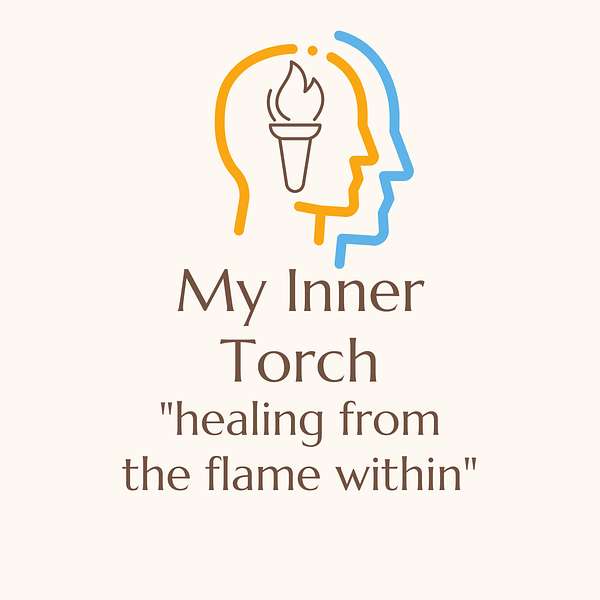
My Inner Torch
My Inner Torch offers direct and personal insight with help for those of us in a relationship with someone who is undiagnosed/diagnosed with a Cluster B Personality Disorder. This is a safe place to come for words of inspiration that draw from my personal experiences and is produced to gain understanding and to find direction as we navigate through the often difficult relationships with those we love who suffer with a Cluster B personality disorder that includes BPD and NPD. PLEASE NOTE: This podcast is NOT for those who suffer with these disorders. This podcast is for survivors of these challenging and difficult relationships.
My Inner Torch
Look Back Listen: What to Expect from your Cluster B Part 2
🎯 Key Takeaways
Core Points:
- In my experience with Cluster B relationships, I’ve learned they involve a false initial identity, often including love bombing and idealized portrayals.
- I’ve come to expect significant drama, including gaslighting, silent treatment, and cyclical devaluation.
- I’ve witnessed verbal, emotional, and potentially physical or financial abuse as common occurrences.
- I’ve felt the prevalence of neglect, where my needs were consistently secondary.
- I’ve endured circular conversations and blame-shifting as typical manipulation tactics.
- I now understand these relationships are inherently dysfunctional; accepting this has been key to my healing.
🔍 Summary
False Identity and Love Bombing
In my personal journey, I reflect on my long-term relationship with someone I believe to be a covert narcissist. I vividly remember the false identity presented at the beginning of our relationship. There were intense periods of love bombing and idealized behavior designed to create my emotional dependence. I recall how my partner initially appeared perfect and attentive, which starkly contrasted with their later behavior. I now recognize this initial persona was a carefully constructed illusion meant to draw me into the relationship.
Drama, Abuse, and Manipulation
After the initial charm wore off, I experienced the pervasive drama that characterizes such relationships. I endured manipulative tactics like gaslighting, the silent treatment, and constant devaluation. I lived through an emotional roller coaster of push-pull dynamics that deeply affected my mental health. I witnessed and experienced various forms of abuse, including verbal, emotional, and potential physical or financial manipulation. The emotional toll was immense, and I felt consistently neglected, with my partner’s needs always taking precedence over my own.
Dysfunctional Dynamics and Healing
Looking back, I can now describe our relationship using the term “triple D” —dysfunctional, dysregulated, and disordered. I’ve learned to recognize the circular conversations, blame-shifting, and alternative reality created by my abuser. The most important lesson for me was understanding that the relationship was unlikely to improve. By accepting the abnormal nature of our dynamic, I’ve begun my healing journey. I want to encourage others in similar situations to seek support and understand that healing is possible, even when the path seems difficult.